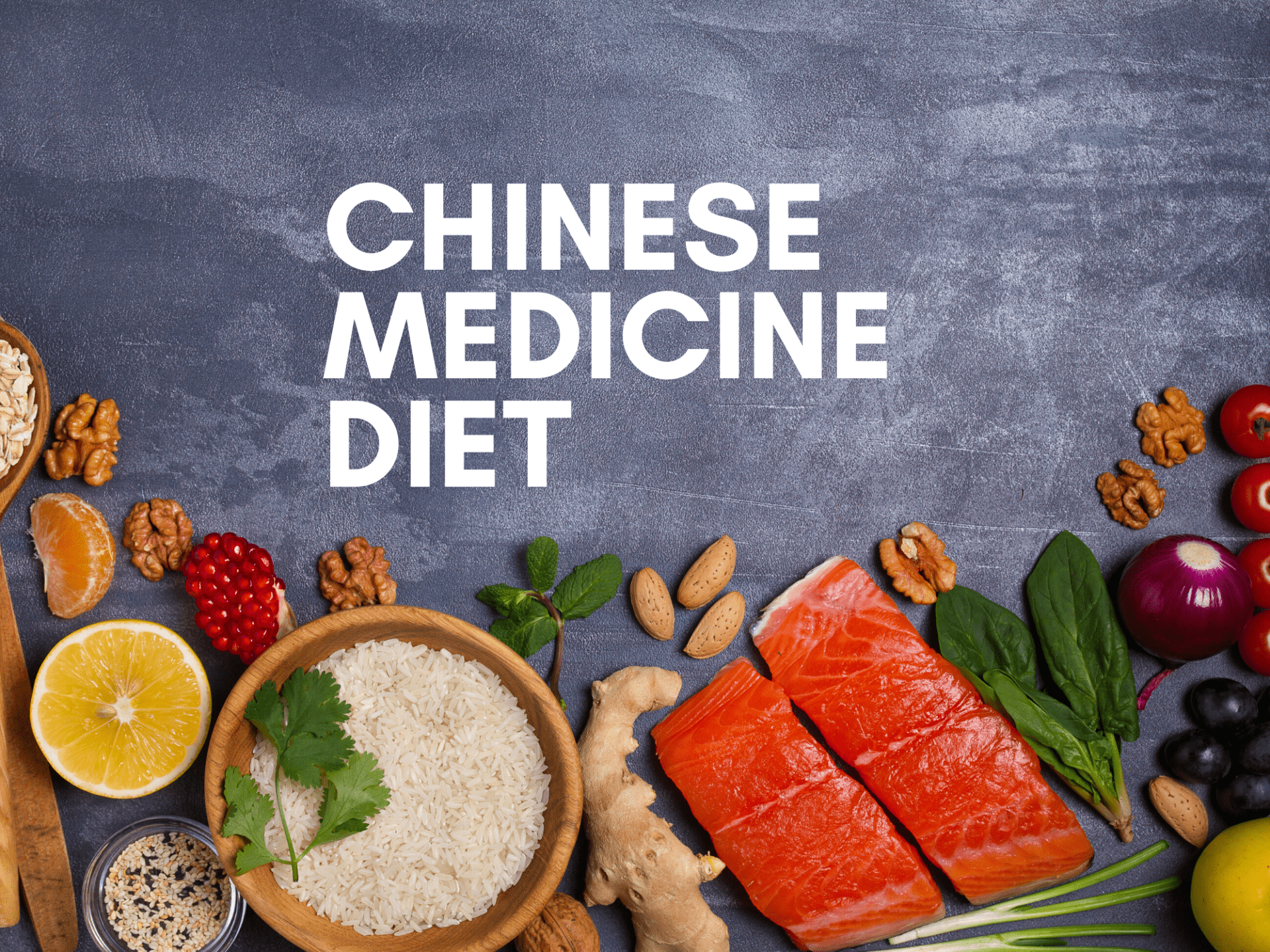There are many forms of diet nowadays, including Keto Diet, Intermittent Fasting, Paleo Diet, etc. However, there is one form of effective diet that has been ignored – the “Chinese Medicine Diet (CMD)”.
One thing special about CMD is that it can be Compatible with whatever style of diet you currently have. Before I explain how can you apply CMD to your diet, let me first explain the principles of CMD.
Principles of CMD
1) Understand the Properties of the Food
CMD does not analyze the chemical composition of the food. Instead, it analyzes the properties of the food based on the below:
- The Four Natures
- The Five Flavors
- Meridian Reaction
These properties will be discussed in the next section in this article.
2) Eat according to the Seasons
One main principle in Chinese Medicine is conforming to nature. Therefore we should be eating different foods at different times of the year.
One general guideline is to eat food that is naturally harvested at that particular season you are in.
In the future, I will talk more about seasonal health. In Chinese Medicine, each year is divided into 24 solar terms, and there are specific diets/food to take in each of them.
3) Custom-Tailor Made for Everyone
In Chinese Medicine, we see everyone as a different individual. There is no diet or food that is suitable for everyone in the world. That is because everyone has a different body type, everyone lives in a different geographical environment, everyone has a different personality.
Therefore in CMD all diet plans are tailor-made to that specific individual. Understanding your body type and the properties of food can help you decide what to eat and what to avoid.
In the sports field nowadays it is common to divide the body types into ectomorph, endomorph, and mesomorph. However, according to Chinese Medicine, we can divide people into “Nine Main Body Types”.
Properties of Food
1) The Four Natures
The four natures are Cold, Hot, Warm and Cool.
Cold and Cool belong to “Yin”. Cold is the higher degree of Yin while Cool is the lower degree of Yin.
Hot and warm belong to “Yang”. Hot is the higher degree of Yang while warm is the lower degree of Yang.
As I mentioned in the past, the key to CM is “Balance”. Therefore we need to balance the Four Natures in our body.
For example, if our body is imbalanced and is more cold in nature, we should avoid eating Cold/Cool foods such as tofu, oranges or cold drinks, etc.
Click HERE to see a table of foods of the four natures.
2) The Five Flavors
The Five Flavors in Chinese Medicine refers to Pungent, Sweet, Sour, Bitter and Salty. The five flavors correspond to the Five Zang-Organs.
Below are the functions of the five flavors.
- Pungent – has an action of dispersing and promoting circulation of Qi and Blood.
- Sweet – has a nourishing, harmonizing and moistening functions.
- Sour – has an absorbing, consolidating and astringent functions.
- Bitter – has an action of drying, resolving dampness, and lowering functions.
- Salty – has a function of softening hard nodes and promoting defecation.
3) Meridian Reaction
Different foods have different effects on various meridians, thus affecting the internal organ in our bodies. For example, mango attributes to the Stomach meridian.
Let me give you one example of how CMD analyzes the food:
“American Ginseng” (Note: Totally Different from “Ginseng”)
Nature: Cold in Nature
Flavor: Sweet and slightly bitter
Meridian: Attributive to the Heart, Lung, and Kidney Meridians
Actions: Supplement Qi and Nourish Yin, clear away fire and promote the production of body fluids.
Note: People with coldness and dampness in the stomach should prevent taking American Ginseng.
Applying CMD
As I mentioned at the beginning of the article, CMD can be compatible with whatever diet you are currently doing.
Understand the properties of each specific food item, then you can determine if it is suitable for you or not.
Just remember, there is NO Superfood that is beneficial to everyone! Always check your body type, and make sure you are suitable. I will start writing articles regarding body types next week.
This concludes the introduction of CMD. Comment below if you have any questions.


Leave a Reply